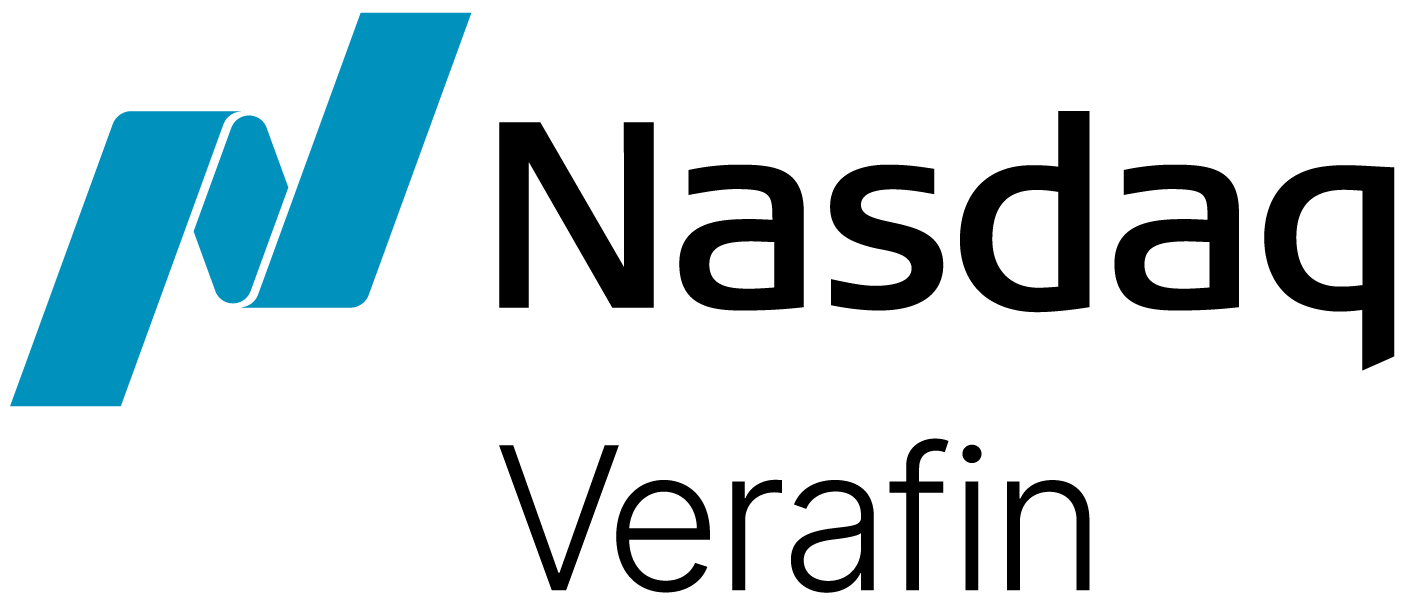In 2023, $3.1 trillion in illicit funds flowed through the global financial system, fueled by hundreds of billions of dollars generated by predicate crimes for money laundering, from drug trafficking to human trafficking, terrorist financing and fraud.
Tackling an issue of this magnitude requires a collective response and a step change in how the financial industry approaches detection and prevention. Recently, Nasdaq Verafin hosted an expert panel with Georgie Kastama from MidFirst Bank and Ian Rudebusch, Independent Financial, that focused on transforming predicate crime detection. This blog examines three takeaways from this insightful session – from the importance of increasing investigative effectiveness to the power of targeted approaches and collaboration.
#1: The Need for Effective AML/CFT Solutions
“The vast majority of money is laundered through completely legitimate, well-regulated financial institutions. About 1% of that money was seized by institutions every year. When I hear those types of numbers it tells me we’re not being very effective at what we’re trying to do.”
-Georgie Kastama, MidFirst Bank
The pressure to prevent predicate crimes for money laundering is considerable. With billions of dollars from illicit activities threatening the integrity of the financial system, FinCEN moved to reinforce its AML/CFT National Priorities this June with a notice of proposed rulemaking. FinCEN is proposing that AML/CFT programs should be “effective, risk-based, and reasonably designed, enabling financial institutions to focus their resources and attention in a manner consistent with their risk profiles.”
At the same time, Nasdaq has found that nearly half of anti-financial crime professionals they surveyed said they lacked adequate resources and technology to fight crime – despite 75% reporting an increased investment in headcount in 2023 compared to 2022. Together, these challenges underscore the need for a shift toward more effective solutions that maximize detection through innovation and a focus on targeted typologies.
#2: The Benefits of a Targeted Approach
“The challenge with many transaction monitoring systems is they often incorporate very broad rules that produce large quantities of false positive alerts. So, it’s often incumbent upon the investigator working that alert to think about the red flags that are associated with very specific typologies and decide what they are seeing. Is this transnational crime? Is this drug trafficking? Is this human trafficking? What is this activity? There’s a lot of opportunity to replace those broad rules with specific typologies that draw the investigators attention to targeted activities.”
– Georgie Kastama, MidFirst Bank
As pressure mounts on financial institutions to effectively combat predicate crimes, conventional detection systems present yet another challenge. Broad rules-based approaches leave investigators overwhelmed with false positives and without the context that is crucial to determine if activity is truly suspicious and what predicate crime it may be linked to.
A new approach that focuses on criminal typologies will allow investigators to identify activity indicative of predicate crimes with precision and provide actionable information to law enforcement, while adhering to evolving compliance regulations. These typology-specific solutions can analyze a range of consortium and behavioral data with artificial intelligence, identifying patterns of criminal activity associated with predicate crimes, such as human trafficking, with exceptional proficiency and delivering outstanding detection.
#3: The Importance of Collaboration
“If I find a customer who’s doing some very questionable activity, we might file a SAR, close out that relationship, and then we’ve complied with our regulatory expectations and mitigated the risk associated with our bank. But then that customer just moves on to the next bank and does a lot of the same things. This is where there’s a huge opportunity to leverage things like 314(b) to share information across banks.”
– Georgie Kastama, MidFirst Bank
Predicate crimes connected to money laundering are inherently complex, often linked to transnational networks and organized criminals who conspire to evade detection and spread their efforts across multiple financial institutions. Financial institutions cannot effectively combat this illicit activity in siloes.
By sharing information and collaborating under the safe harbor authorized by section 314(b) of the USA PATRIOT Act, financial institutions can significantly strengthen investigations, shut down activity spanning multiple institutions, and provide actionable intelligence to law enforcement.
An Industry Response: Preventing Predicate Crimes
“There’s a huge opportunity for us to work together as banks, with our technology partners, with law enforcement, and with FinCEN. We need to work together to truly be effective.”
– Georgie Kastama, MidFirst Bank
From human trafficking to terrorist financing, predicate crimes are heinous activities that often threaten the most vulnerable in society. Prevention requires our industry to come together, embracing innovation, targeted approaches to detection and collaboration to safeguard the integrity of the financial system for all.
Discover more about these insights and learn from Nasdaq Verafin and industry experts — watch the full discussion here: Transforming Predicate Crime Detection: An Expert Conversation.


